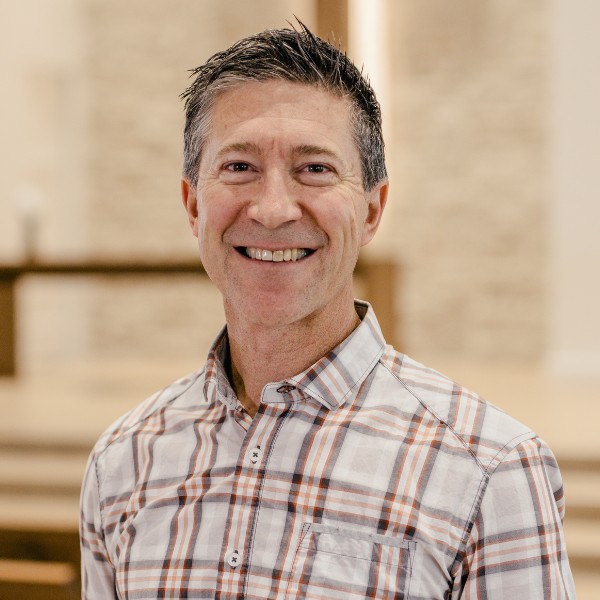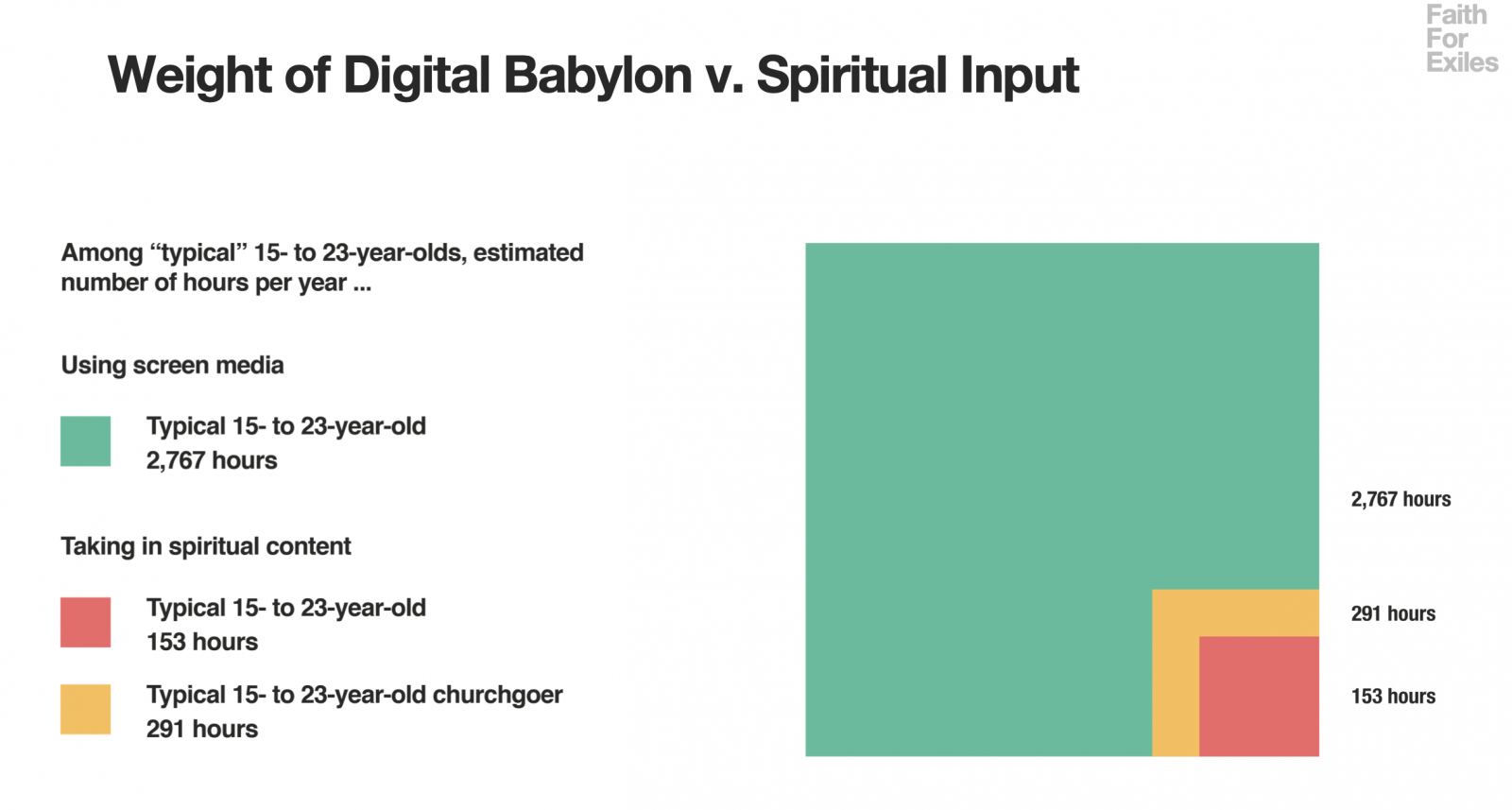“Feed your head. Feed your head. Feed your head.” — White Rabbit
I had coffee and a bacon & egg breakfast sandwich earlier this week with a friend who has long been part of NAPC. “What have you been reading?” she asked. “It would be helpful if you shared these books with us.”
Below is my attempt to take her up on it. We shouldn’t feed our head with the kinds of things described in the aforementioned song by Jefferson Airplane 55 years ago. But we should feed our head and soul with edifying books that equip us to think carefully and Biblically. We should read eloquent, engrossing stories that point us to the Great Story. We should learn from people who can teach us through their expertise or perspective, even if it challenges ours.
Over the last year or so I have begun, am working through, or have finished each of the books below and have profited from them.
I have been playing around with the idea of starting a discussion group, something informal that brings us together to enjoy a beverage and talk about whichever book would be helpful to discuss. If that is of interest, let me know.
1. The March of Folly – Barbara Tuchman (1985)
Barbara Tuchman is a Pulitzer-prize winning historian. It was passed on to me by Fred Glasser, a pastor who sings with our choir when he is not preaching at his church (a friend of Pastor Mark, like many thousands of other friends of Pastor Mark). Tuchman defines folly as “the pursuit by government of policies contrary to their own interests, despite the availability of feasible alternatives.” Historical instances are (unsurprisingly) legion. From the infamous Trojan horse incident in Homer’s Odyssey to Papal greed preceding the Protestant Reformation, to the self-destructive British policies that irritated the Colonies into revolution, all the way down to the failure of the Vietnam War, governments have blithely followed policies that are actively in opposition to their own self-interest. That just might sound familiar . . .
2. Space Trilogy – CS Lewis (1938-1945)
I listened to these books over the last few months. This was the first time I have read them in spite of my love for his Chronicles of Narnia series, as well as his Christian writings. Lewis’ imagination is remarkable, and in this series his prophetic vision is on display as well. The antagonists, who are continuously kicking against the goads of human limitation and mortality, could be cast from the mold of a big tech titan or trans-humanist of our day. Dr. Elwin Ransom, the hero, is inspiring because of his courage and unassuming nature. I will re-read these books more closely in the near future.
3. Faith for Exiles – Kinnamon and Matlock (2019)
This book was recommended by Pastor Dean Weaver, the EPC Clerk/CEO who taught during the leader’s retreat and then preached on Sunday 2/27. I have not finished this book, but it examines the challenges of discipling the next generation in our “digital Babylon.” This is intended to convey that we are in exile, because “today’s society is especially and insidiously faith repellent.” He then offers five practices for countering this challenge. One stat to ponder – a Barna survey asked over 1,500 15-23 year-olds how much Christian content they took in weekly and compared it to time on screens. The result is shown below, demonstrating the work to be done as parents who are called to disciple our children.
4. The End of Trauma: How the New Science of Resilience Is Changing How We Think About PTSD – Justin Bonanno (2021)
Bonanno is a research psychologist who has spent a lifetime studying what he calls “potentially traumatic events” and their effect on people. He uses this language, rather than simply “traumatic events,” because most people who experience sudden, painful circumstances do not actually develop PTSD. He writes, “Research over the past decade has shown incontrovertibly that most people exposed to violent or life-threatening events do not develop PTSD. And that can only mean that the events themselves are not inherently traumatic.” This is fascinating to me, because my perception (which Bonanno discusses) is that most people understand traumatic events to inevitably lead to PTSD. His research explores why this is simply not the case. It is a hopeful and practical book on how to understand these kinds of events, and how to develop skills and strategies to cope with the painful and sudden tragedies that the broken, sin-filled world dishes out to the just and unjust alike.
5. The Soul in Paraphrase: A Treasury of Classic Devotional Poems – Leland Ryken (editor) (2018)
I am a complete novice when it comes to poetry. I have written one poem in my life for a particularly important occasion (I was on one knee), and it would not be confused for Shakespeare (she is not allowed to show anyone). I have spent very little time reading or studying poetry. That is why this anthology of poems, edited and given commentary by Leland Ryken (an English professor at Wheaton College for over 50 years), is so enriching. The poems span over a thousand years time and are written by notables such as Francis of Assisi, George Herbert, T.S. Eliot and Emily Dickinson. Lia and I try to read one poem together before we go to bed (we are averaging about one per two weeks . . . putting our completion date around late 2025). The commentary, which explains each poem in its context, is interesting and brief. Each poem is a work of praise to our great God.
6. The Hobbit and LOTR – JRR Tolkein (1937,1955)
If you have been around, you have heard me talk about this collection more than once. I have been reading this aloud to my daughter Annie over the last year. We have finished The Hobbit and are almost finished with The Fellowship of the Ring. It is good to indoctrinate the next generation.
Please read it.
Enough for now. If this is helpful, I will pick up where I left off next time.
Happy Feeding,
Pastor David


